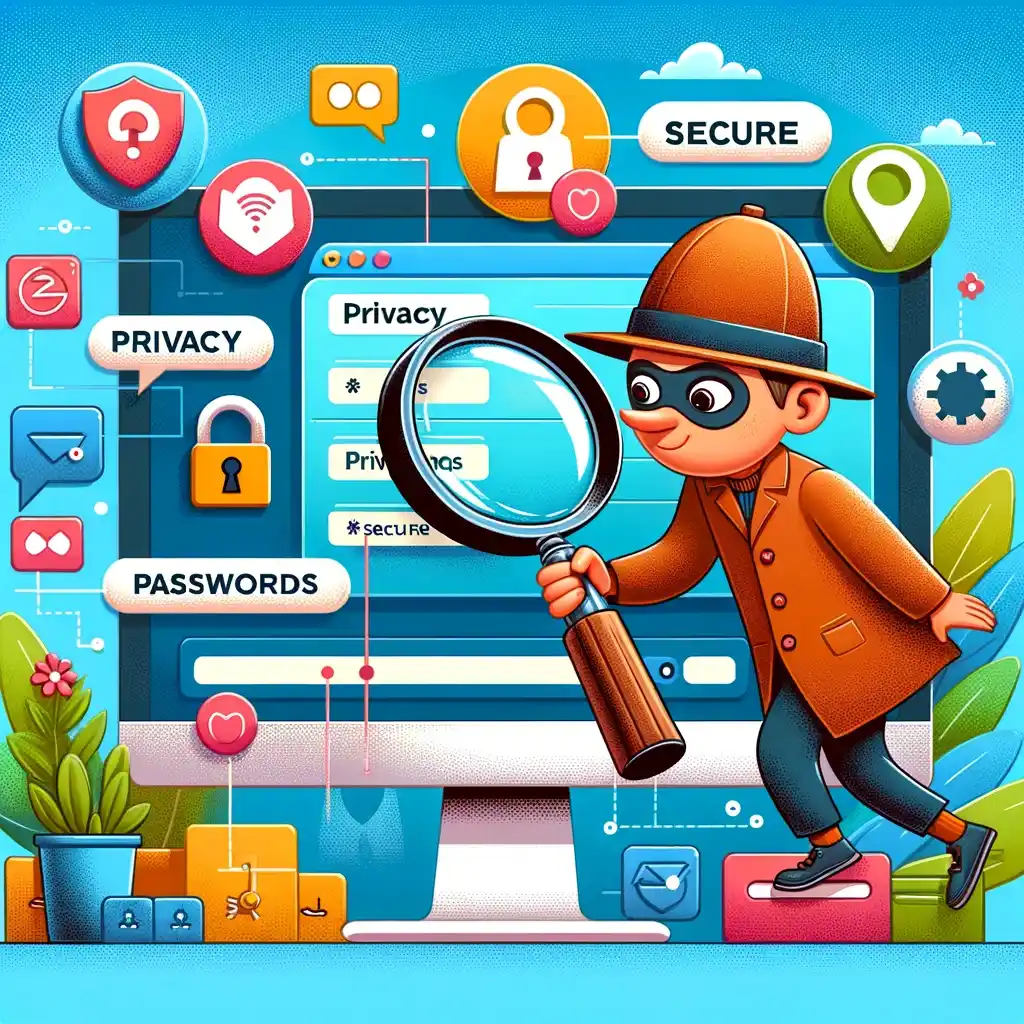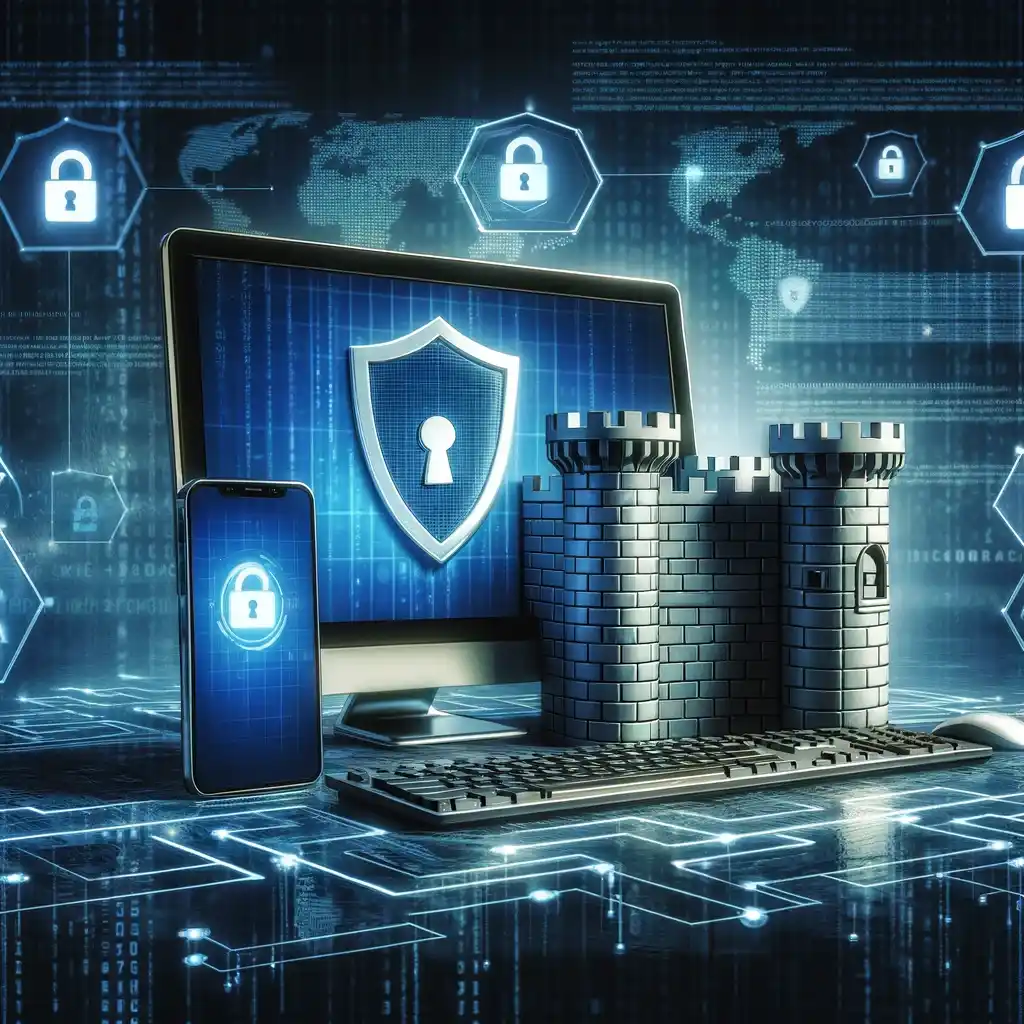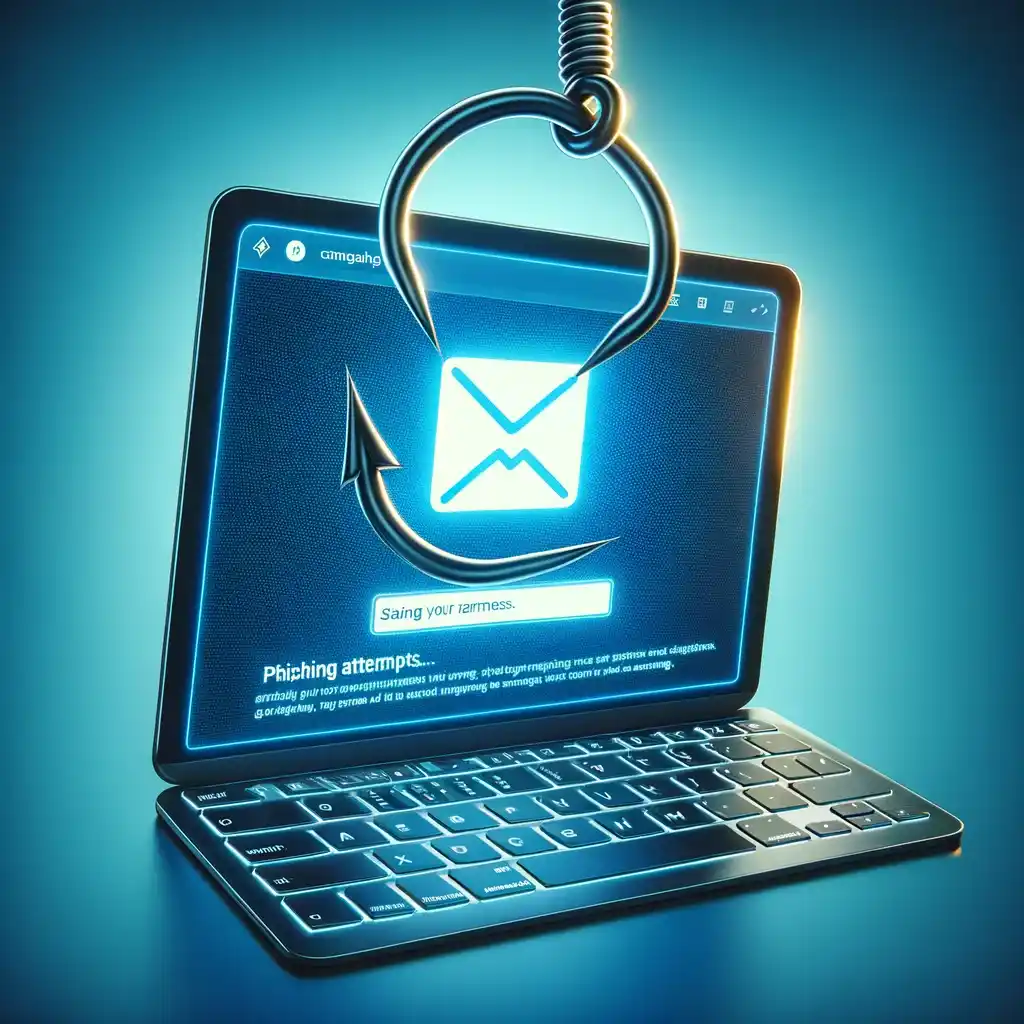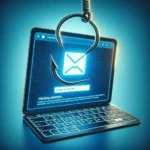let’s Began to understand How to protect and safe privacy with a story, in this story we will know Why privacy is important and how can we ensure it safe, what are the tools for safety. So read it carefully.
One day, my friend Harish (just a story name?) and I were walking to a place when out of nowhere, we started talking about a guy who was randomly calling him and asking for his 6-digit UPI pin. Harish then said to me, “What a stupid guy he is; he doesn’t know I am not going to give him my UPI pin. “But wait a second, I noticed something strange.
Did you guys notice too? The random guy wasn’t asking for a UPI ID; instead, he was asking for a pin. I mentioned this to Harish while we were walking, saying, “Look, Harish, you are in great danger. The guy is asking for a pin, not your UPI ID.” Harish thought about it for a second and asked, “What do you mean by that?” I explained,
“It means the guy who is calling you frequently probably knows your ID and has full access to your privacy. Anytime he can drain your money from your account without even asking you. “Harish’s blood pressure started increasing. Another interesting thing in this story is that the guy who hacked the account didn’t actually know how much money Harish had. Why am I saying this? Because Harish only had 2000 rupees in his account, fortunately.
Now, many of you might be thinking, “What happened next? Did Harish’s account vanish, or did something even worse happen to him?” Well, when we both realized that the account was completely hacked by that guy, the first thing we did was disable all the app’s permissions and call the consumer protection team of that app. This way, our account was frozen, and no one could mess with it.
But do you know how that guy took over Harish’s account? You’ll be surprised. The guy hacked the account just by calling him on his number, claiming to be from the bank and wanting to know account details in-depth. Harish trusted him, talked with him for about 30 minutes, and just by doing this, the hacker got all the details—account number, ID number, all his passwords, and everything private.
So, beware of such suspicious activities, and don’t talk randomly with anyone on your mobile phone. If it happened to my friend, it could happen to anyone, anytime, anywhere. I’m sharing this story with you; do whatever you want to do!

Here are some tips to help protect your privacy online:
keep in mind to Protect Your Privacy Online
Use Strong Passwords: Create unique, strong passwords for your accounts and consider using a password manager to keep track of them.
Enable Two-Factor Authentication (2FA): Add an extra layer of security by enabling 2FA whenever possible.
Limit Personal Information Sharing: Be cautious about sharing personal details online, and only provide necessary information on websites and social media.
Update Regularly: Keep your software, operating system, and antivirus programs up to date to patch security vulnerabilities.
Be Mindful of Social Media Settings: Review and adjust your privacy settings on social media platforms to control who can see your information.
Use HTTPS: Look for “https://” in the website address to ensure a secure connection, especially when entering sensitive information.
Now let me show you some tools to protect your privacy online:

Password Managers: Use tools like LastPass, Dashlane, or 1Password to generate and securely store complex passwords.
Virtual Private Network (VPN): Services like NordVPN, ExpressVPN, or ProtonVPN encrypt your internet connection, enhancing privacy, especially on public Wi-Fi.
Privacy-Focused Browsers: Consider browsers like Brave or Firefox with privacy-focused features and options.
Ad Blockers: Install browser extensions like uBlock Origin or AdBlock to reduce online tracking by blocking intrusive ads.
now understand What are the ways of cyber crime with some examples and how can we protect our privacy online.
To guard against phishing, maintain vigilance, exercise caution with unsolicited emails, verify communications, employ multi-factor authentication, and ensure software and security measures are regularly updated. In cases of suspicion or encountering fraudulent activities, promptly report to relevant authorities and affected institutions.
Examples of cybercrime include:
Phishing: Deceptive emails, messages, or websites trick individuals into divulging sensitive information like passwords or credit card details.
Online Fraud: Deceptive schemes to trick individuals into making financial transactions or providing personal information.
Identity Theft: Stealing personal information to impersonate someone for financial gain, access to services, or other fraudulent activities.
Ransomware: Malicious software encrypts a user’s files, and attackers demand payment for their release.
Malware: Software designed to harm or exploit systems, encompassing viruses, trojans, and spyware.
Distributed Denial of Service (DDoS): Overwhelming a network or website with traffic, rendering it inaccessible.

How to minimize and overcome Cyber threats/ Activities
To minimize cyber threats and activities, exercise caution by avoiding suspicious links and attachments. Verify communication legitimacy before sharing sensitive information, and promptly change compromised passwords. Report phishing attempts to local authorities, inform financial institutions of risks, and educate communities to enhance awareness.
Install reputable antivirus software, monitor accounts for unauthorized activities, and keep devices updated with security patches. Seek local assistance for additional guidance. Empowering individuals in rural areas with cybersecurity knowledge is crucial in preventing and mitigating the impact of phishing attacks.
what are the consequences of phishing and cyber crime
Phishing attacks exhibit varying levels of sophistication, with cybercriminals constantly refining their strategies to deceive individuals. Advanced phishing tactics can include highly convincing emails, websites, or messages aimed at tricking users into divulging sensitive information like login credentials or financial details. In the unfortunate event of fraudulent activities resulting from phishing, the consequences can be severe:
Identity Theft: Phishers may employ stolen information to impersonate you, gaining unauthorized access to your accounts or perpetrating identity theft.
Financial Loss: Cybercriminals might exploit pilfered financial details to execute unauthorized transactions, leading to significant financial losses for the victim.
Data Breaches: Phishing attacks can result in unauthorized access to sensitive data, potentially culminating in larger-scale data breaches affecting individuals, organizations, or both.
Credential Compromise: If phishing successfully acquires login credentials, attackers could compromise various accounts, posing risks to both personal and professional information.
Malware Infection: Phishing emails may harbor malicious links or attachments, paving the way for malware installation on your device. This can enable further unauthorized access or surveillance. Understanding the multifaceted risks associated with phishing highlights the importance of vigilance and adopting robust cybersecurity practices to mitigate potential threats.
How can I protect my privacy on social media
Adjust your privacy settings to control who can see your posts, limit the personal information you share, and be cautious about accepting friend requests from unknown individuals
How can I create strong password.
To create strong passwords, use a combination of upper and lower case letters, numbers, and symbols. Avoid easily guessable information like birthdays or common words.
What should I do if I suspected phishing or fraudulent activity.
If you receive suspicious emails or messages, avoid clicking on links or providing personal information. Verify the legitimacy of the communication and report it to the appropriate authorities.
How can I ensure my online account is safe
Enable two-factor authentication, use strong and unique passwords for each account, and monitor your accounts for any unusual activity. Regularly update your login credentials.






AMAZING TOOLS AND TIPS.